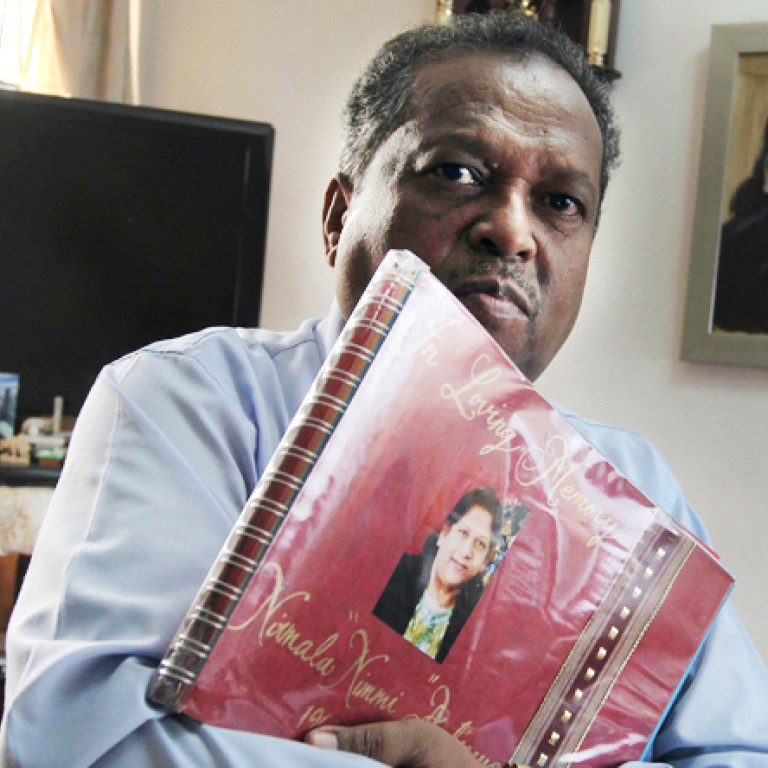
Indian Christian man can't find burial place for his wife in Hong Kong
Losing a loved one is painful, but for Mariasusai Andrews, the death of his wife was made worse when he was unable to secure a niche for her ashes. After a bewildering six months, the husband said her urn of ashes still sits in a funeral home, unable to find a final resting place.
Losing a loved one is painful, but for Mariasusai Andrews, the death of his wife was made worse when he was unable to secure a niche for her ashes.
Andrews' wife, Nirmala, died quite suddenly in April at the age of 51, when cancer spread to her lungs undetected.
After a bewildering six months, her husband said her urn of ashes still sits in a funeral home, unable to find a final resting place.
The family's Indian ethnicity limits their burial options.
"[The situation] is making it hard to settle and to move on," he said.
Andrews failed to secure a spot in the lucky draw allocation of government-run cemeteries in June. The letter informing Andrews of lucky draw arrangements was in Chinese, despite his application being in English.
"It seemed like they were not very earnest. They are not genuine and they are not respecting [us]," he said.
The family, being Christian, is not allowed to use the Hindu cemetery where many Indians are buried.
While belonging to a church, it is not a member of the Chinese Church Alliance, which controls Christian cemeteries in the city.
Andrews also approached the Chinese Permanent Cemeteries but was turned down.
A spokeswoman for the management said by law the cemeteries under the organisation only take ethnic Chinese applicants.
Andrews never expected to encounter such discrimination and he said the whole experience had been humiliating. He said he was extremely disappointed in the government and the Legislative Council - where lawmakers were supposed to speak for the Hong Kong people.
Bringing the ashes back to India is not an option, considering the family has called Hong Kong home for 30 years, said Andrews.
"Hong Kong is home. I find living in India very difficult [now]. As for the children, it is virtually impossible [for them to settle back there]."
Annie Li Man from minority rights advocacy group Unison said: "Even in death, ethnic minorities still don't get equal rights."
The chairman of the Equal Opportunities Commission, Dr York Chow Yat-ngok, said he had written to the Food and Environmental Hygiene Department, which is in charge of government cemeteries, and said the family would get a second shot at the new lucky draw.
The department apologised for sending a Chinese letter to the family to explain the situation.
Cemeteries and burial grounds are exempted from the anti-discrimination ordinance, which means cemeteries can refuse applications based on race or religion.
Chow said private cemeteries were under different laws and land leases and would have to abide to those.
"It wouldn't be appropriate to apply the law to this case," he said.
The shortage of niches and columbariums affected the Chinese population in Hong Kong as well, he said.
But Li hoped the government would take away the exemption on cemeteries from the anti-discrimination ordinance, and grant justice to ethnic minorities so they could bury loved ones.
"I hope [the government] would look at the suffering people go through, due to an unequal law," she said.
"These ethnic minorities seriously see Hong Kong as home and when they pass away, they'd like to be buried here."
